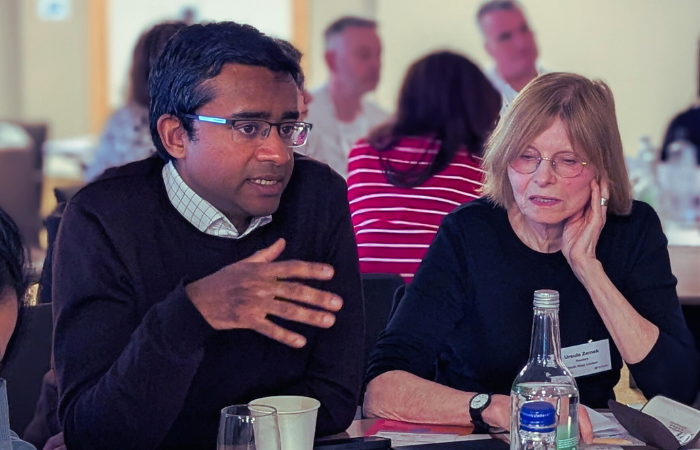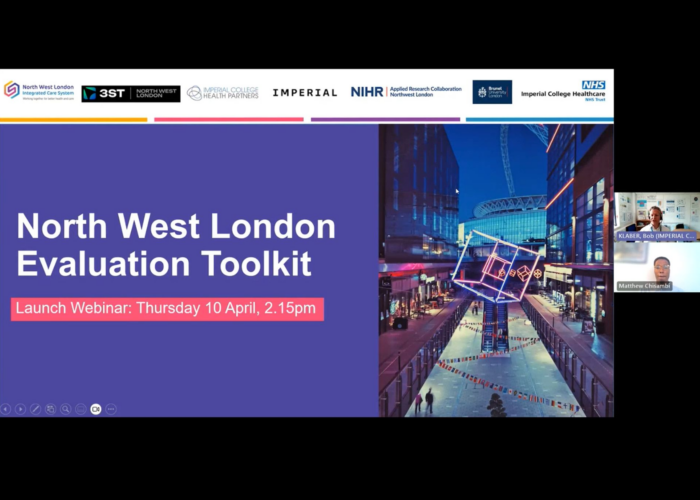 In June a cross-section of Londoners were brought together by Imperial College Health Partners (ICHP) and Ipsos MORI in a series of workshops and interviews to uncover their expectations around the NHS’s response to the COVID-19 pandemic.
In June a cross-section of Londoners were brought together by Imperial College Health Partners (ICHP) and Ipsos MORI in a series of workshops and interviews to uncover their expectations around the NHS’s response to the COVID-19 pandemic.
The result of this virtual dialogue and deliberation engagement programme has been the development of Londoners’ expectations, a set of guiding statements that are not binding, but rather are intended to assist the NHS when making decisions about services during the next phase of the pandemic.
This report, which covers themes ranging from practical changes to the need for safety and reassurance, has now been published in full.
Two virtual dialogue workshops were conducted in June, and a further four virtual deliberative workshops: all six with the same 59 Londoners. Alongside the main workshops, we also conducted interviews and a sense-check workshop with advocates of vulnerable groups, and interviews with individuals experiencing barriers to accessing and using NHS services.
A number of key themes emerged from the deliberation:
- There was an enormous sense of pride in the NHS and its staff. Participants understood the difficult challenges faced by the NHS and were keen to do what was needed to support it.
- In the context of the Covid-19 pandemic, participants were generally accepting of the need for change and the reduction of choice some of the measures discussed might result in.
- However, participants raised a number of concerns around the practicalities of how the different measures discussed during the workshops would be implemented.
- Key among these was how changes to services would affect different groups of people, particularly those considered more vulnerable. They wanted the NHS to show some flexibility and adaptability towards patients in vulnerable circumstances to avoid further exacerbating any existing inequalities.
- Participants felt safety and reassurance should be at the core of every communication with the public. Linked to this, they thought the public need to understand the rationale behind each policy change



